Magyar Peter and the Tisza Party’s rhetoric increasingly raises questions about political consistency, Fanni Lajko, analyst at the Center for Fundamental Rights, told our paper, noting that while at home, Peter Magyar and his team claim to oppose Ukraine’s accelerated EU accession, they promote positions abroad—in the European Parliament—that align closely with the Ukraine policy pursued by Brussels leaders such as Ursula von der Leyen and Manfred Weber.
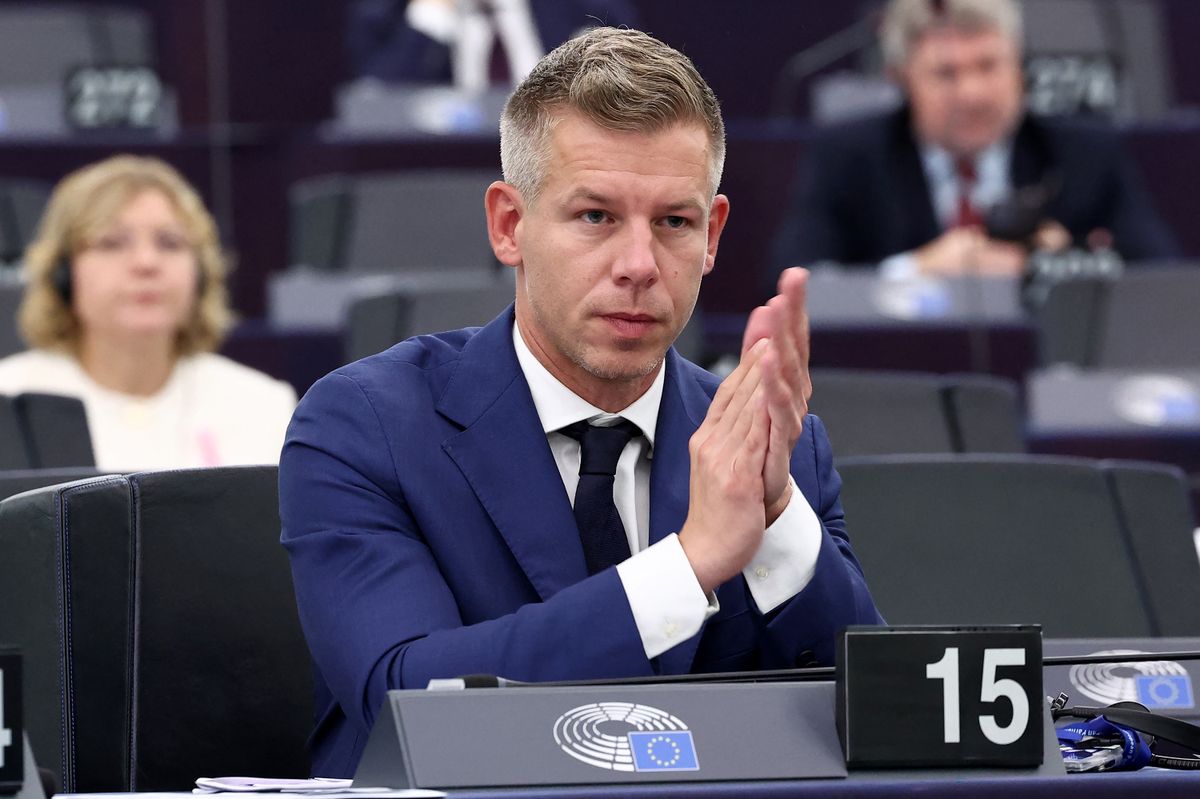
(Photo: AFP/Frederick Florin)
This double talk and the sharp contrast between their domestic political messaging and their practices in Brussels could seriously damage voter trust and raise doubts about political credibility,
the analyst pointed out.
Peter Magyar and His Team Comply with Orders from Brussels
Even though Peter Magyar recently sent a letter to Manfred Weber, the European People’s Party group leader, in an apparent attempt to signal disagreement with Ukraine’s fast-tracked EU accession, reality tells a different story. "The letter is mere theater aimed at calming Hungarian public opinion, while the Tisza Party and the Brussels network behind it have already decided: they fully support Ukraine’s EU membership," said Fanni Lajko.
Tisza Party politicians and MEPs have voted multiple times for pro-Ukraine resolutions, including calls for boosting military aid and war spending. And they have no choice since Manfred Weber ordered everyone to align with his agenda or face consequences,
she said. The emergency resolution titled Solidarity with Ukraine adopted most recently calls for maximal political, military, legal, and economic support to Ukraine during the war. It was approved at the Valencia congress of the European People's Party, the Tisza's party family. The congress was also attended by Ursula von der Leyen, who has made clear Ukraine must join the EU by 2030.
Meanwhile, Tisza Party politicians appear in the European Parliament wearing T-shirts with the Ukrainian flag. Romulusz Ruszin-Szendi, the party’s military expert and Hungary's former chief of staff, reportedly ended NATO speeches with the phrase "Slava Ukraini" (Glory to Ukraine), which demonstrates the party’s foreign and security policy direction.
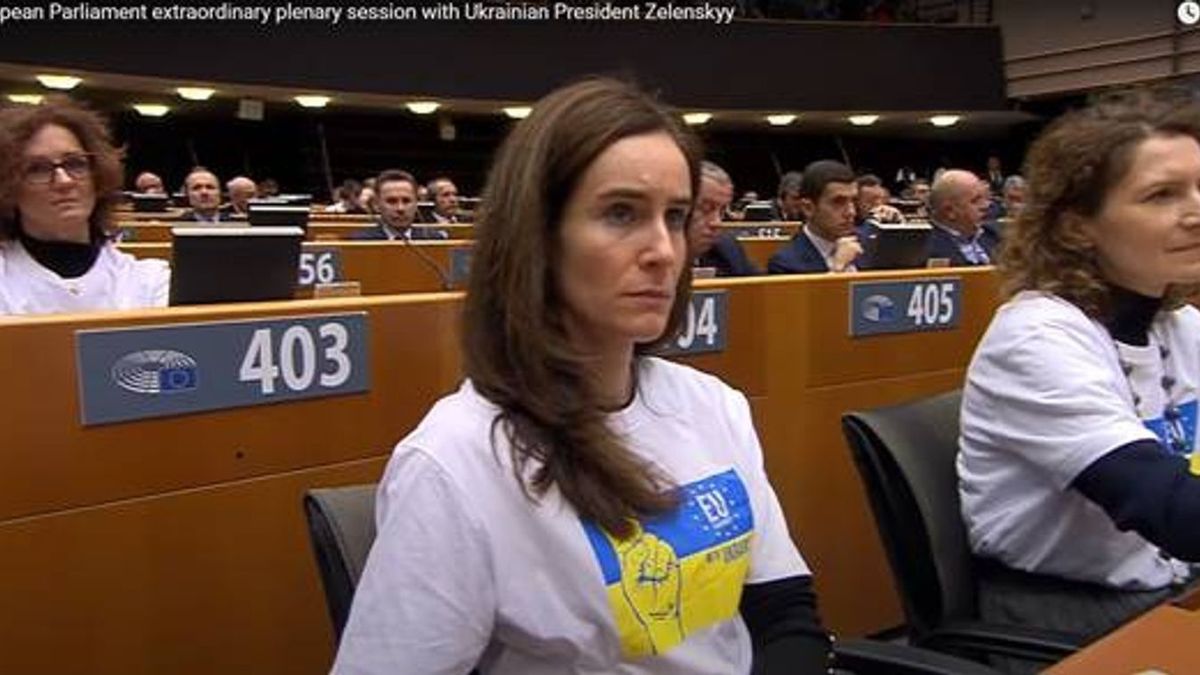
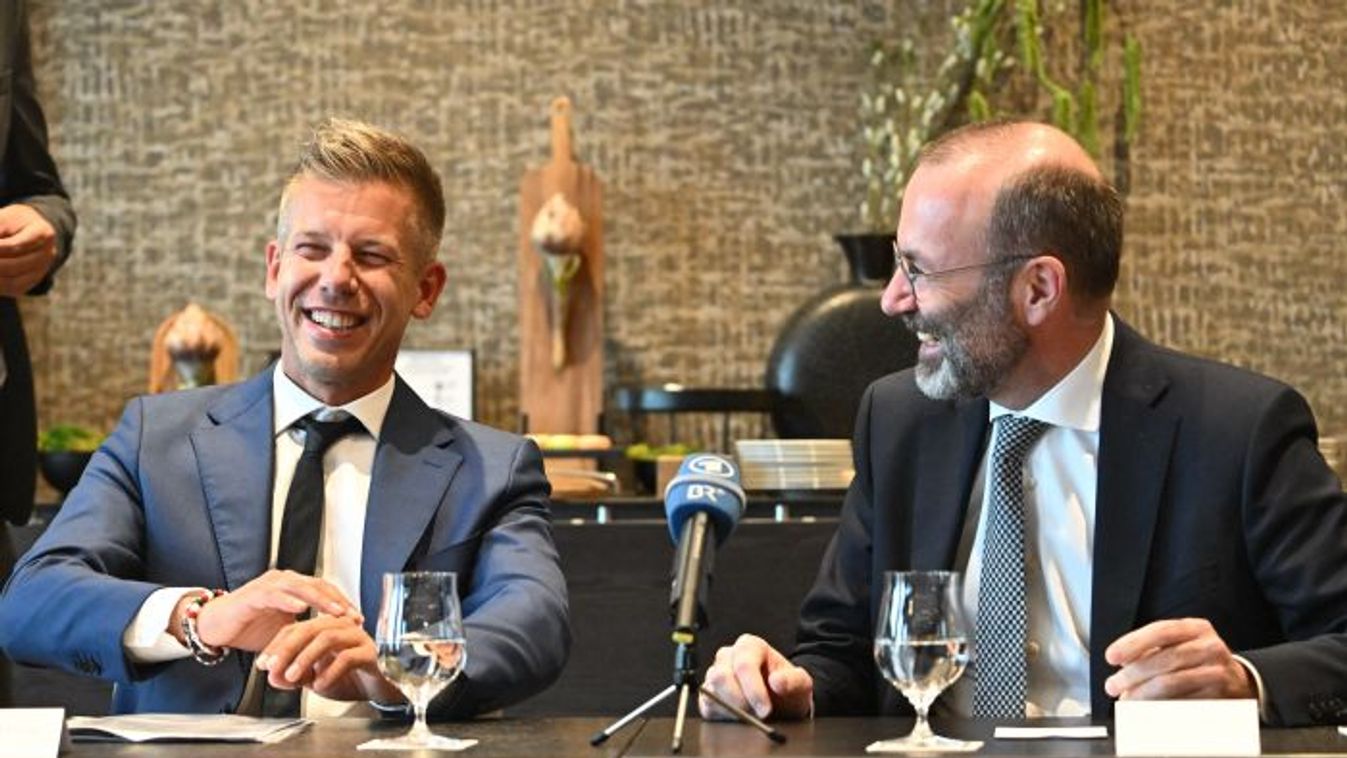
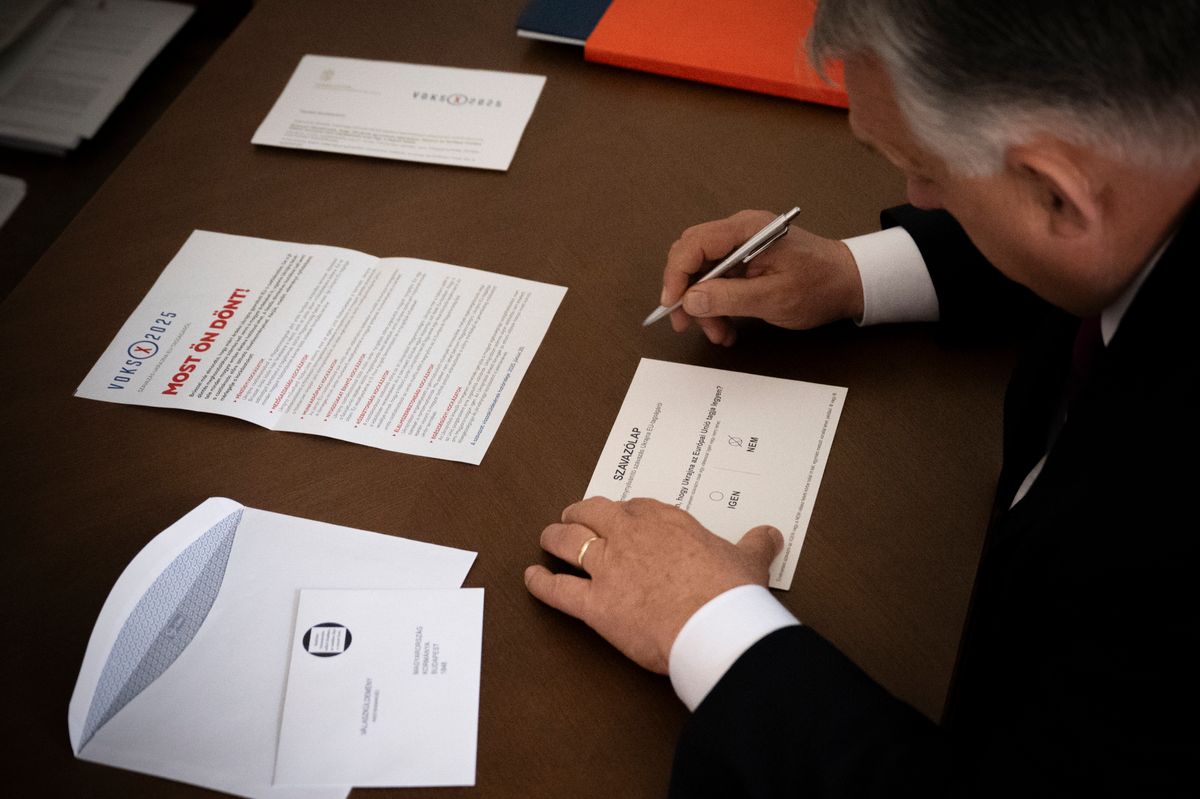
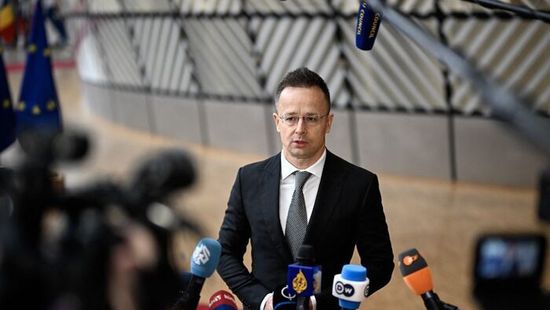
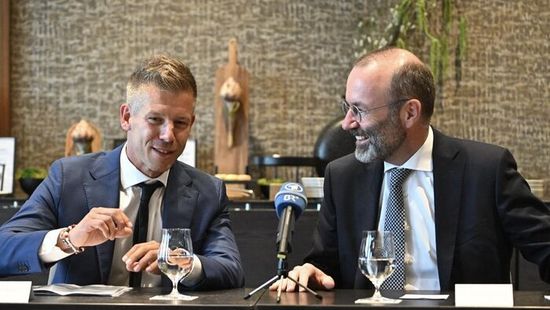





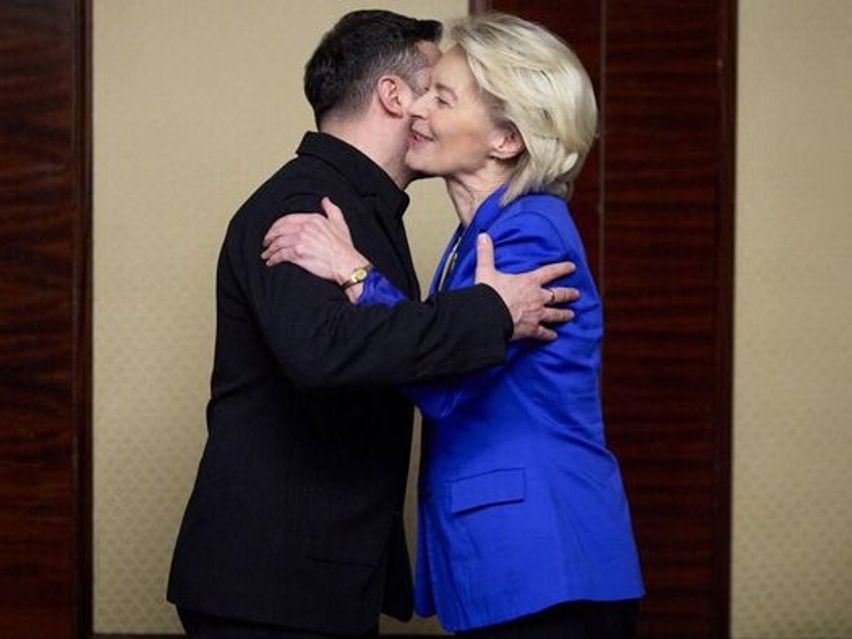
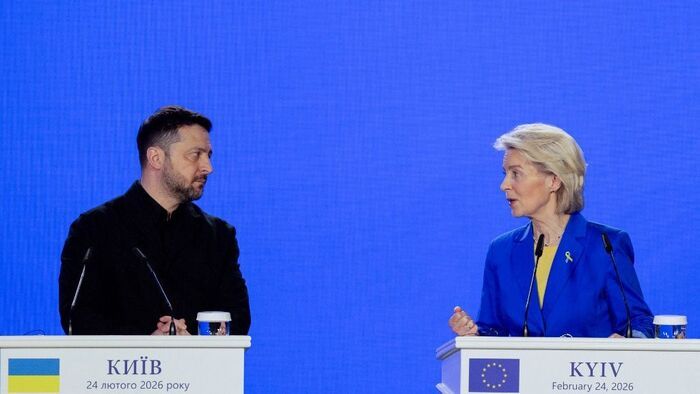

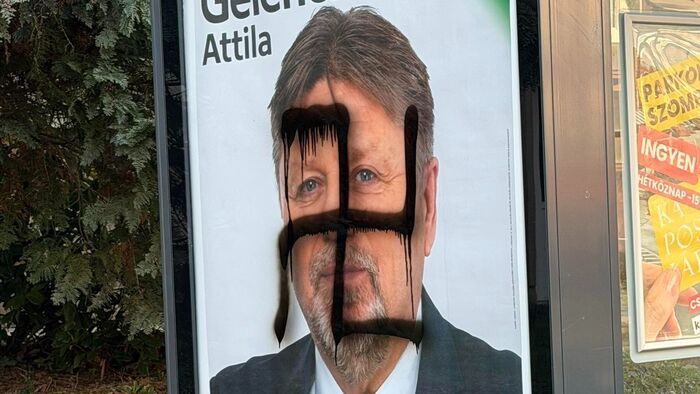


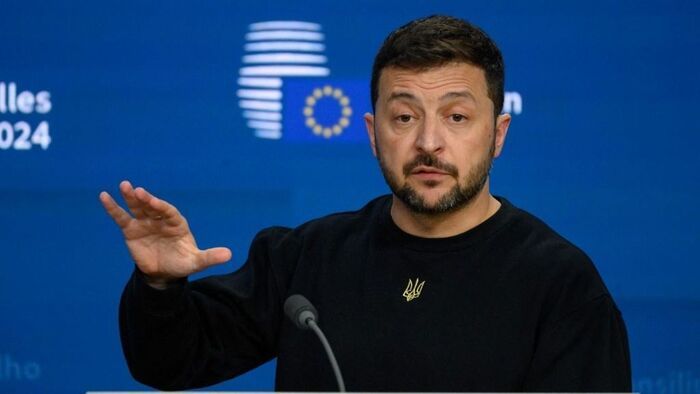
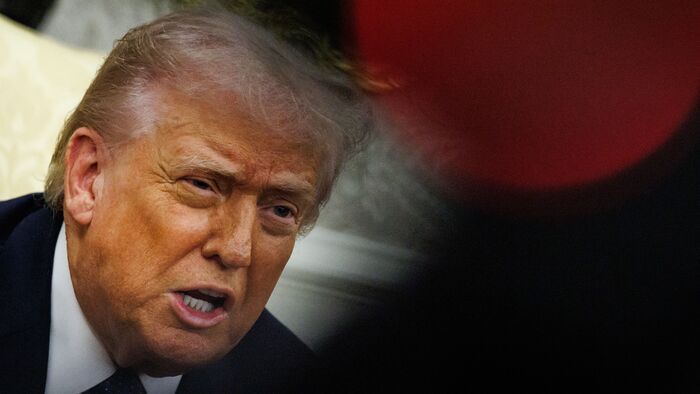

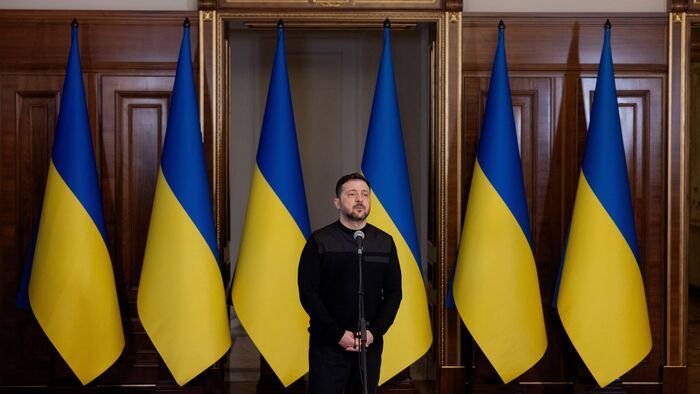





Szóljon hozzá!
Jelenleg csak a hozzászólások egy kis részét látja. Hozzászóláshoz és a további kommentek megtekintéséhez lépjen be, vagy regisztráljon!